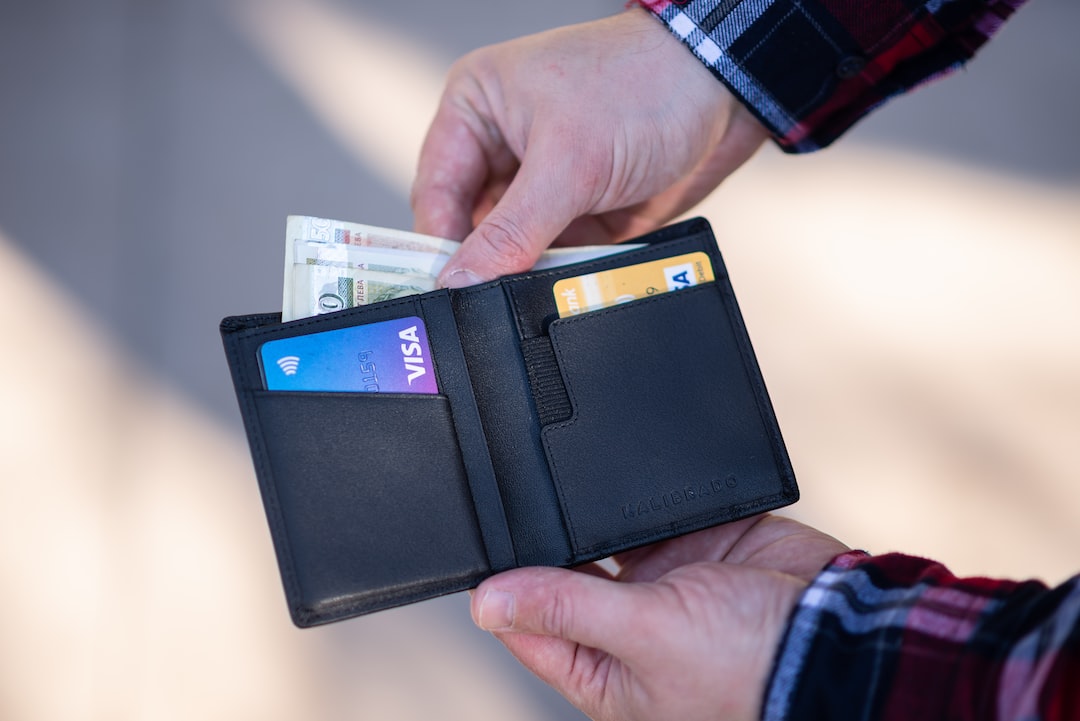Halal Forex Investing: Tips for Successful Halal Trading
Forex trading has gained tremendous popularity in recent years, attracting investors from various backgrounds. However, for Muslim investors, engaging in forex trading can be a bit challenging due to the restrictions imposed by Islamic law, known as Shariah. According to Shariah, Muslims are prohibited from participating in any financial activity that involves interest or uncertainty (known as riba and gharar, respectively).
To address these concerns, the concept of halal forex trading has emerged, allowing Muslim investors to participate in the forex market while adhering to the principles of Shariah. Halal forex investing ensures that trades are conducted in a manner that complies with Islamic law, providing a suitable avenue for Muslim investors to grow their wealth.
Here are some tips for successful halal forex trading:
1. Educate Yourself: Before venturing into any type of investment, it is crucial to gain a comprehensive understanding of the market, including its mechanics, risks, and potential rewards. Forex trading involves the buying and selling of currencies, and the market is highly volatile. Educating yourself about the forex market will help you make informed decisions and avoid unnecessary risks.
2. Choose a Halal Forex Broker: To engage in halal forex trading, it is essential to select a brokerage firm that offers Islamic forex accounts. These accounts are designed specifically for Muslim investors and comply with the principles of Shariah. Islamic forex accounts do not charge or pay interest, and they ensure that trades are free from uncertainty and speculation.
3. Avoid Riba: Interest (riba) is strictly prohibited in Islam. In the context of forex trading, riba refers to the practice of earning interest on overnight positions, also known as swap or rollover fees. Muslim investors must choose swap-free accounts, which do not charge or pay interest on overnight positions. By avoiding riba, you can ensure that your forex trading activities are compliant with Islamic law.
4. Trade with Clear Knowledge: Islamic law prohibits any form of uncertainty or ambiguity (gharar). Forex trading involves speculation, but it is important to minimize gharar as much as possible. Make sure you have a clear understanding of the currency pairs you are trading, the factors influencing their values, and the technical indicators you are using. This will help you make well-informed decisions and reduce the element of uncertainty in your trades.
5. Set Realistic Goals and Manage Risk: Like any investment, forex trading involves risks. It is important to set realistic goals and manage risk effectively to ensure long-term success. Set a target for your trades and determine your risk tolerance. Use stop-loss orders to limit potential losses and take-profit orders to secure profits. Diversify your portfolio by trading different currency pairs to spread the risk.
6. Emphasize Ethical Trading: In addition to adhering to the principles of Shariah, ethical trading is also important in halal forex investing. Avoid engaging in fraudulent activities, insider trading, or any other unethical practices. Trade with integrity and honesty, and always conduct your trades in a transparent and fair manner.
7. Seek Guidance from Scholars: If you are unsure about the permissibility of certain aspects of forex trading, it is advisable to seek guidance from Islamic scholars or experts in Islamic finance. They can provide you with the necessary guidance and help you navigate any gray areas that may arise.
In conclusion, halal forex investing offers Muslim investors the opportunity to participate in the forex market while adhering to the principles of Shariah. By educating yourself, choosing a halal forex broker, avoiding riba and gharar, setting realistic goals, managing risk, emphasizing ethical trading, and seeking guidance when needed, you can engage in successful and compliant halal forex trading. Remember, patience, discipline, and continuous learning are key to achieving long-term success in the forex market.






